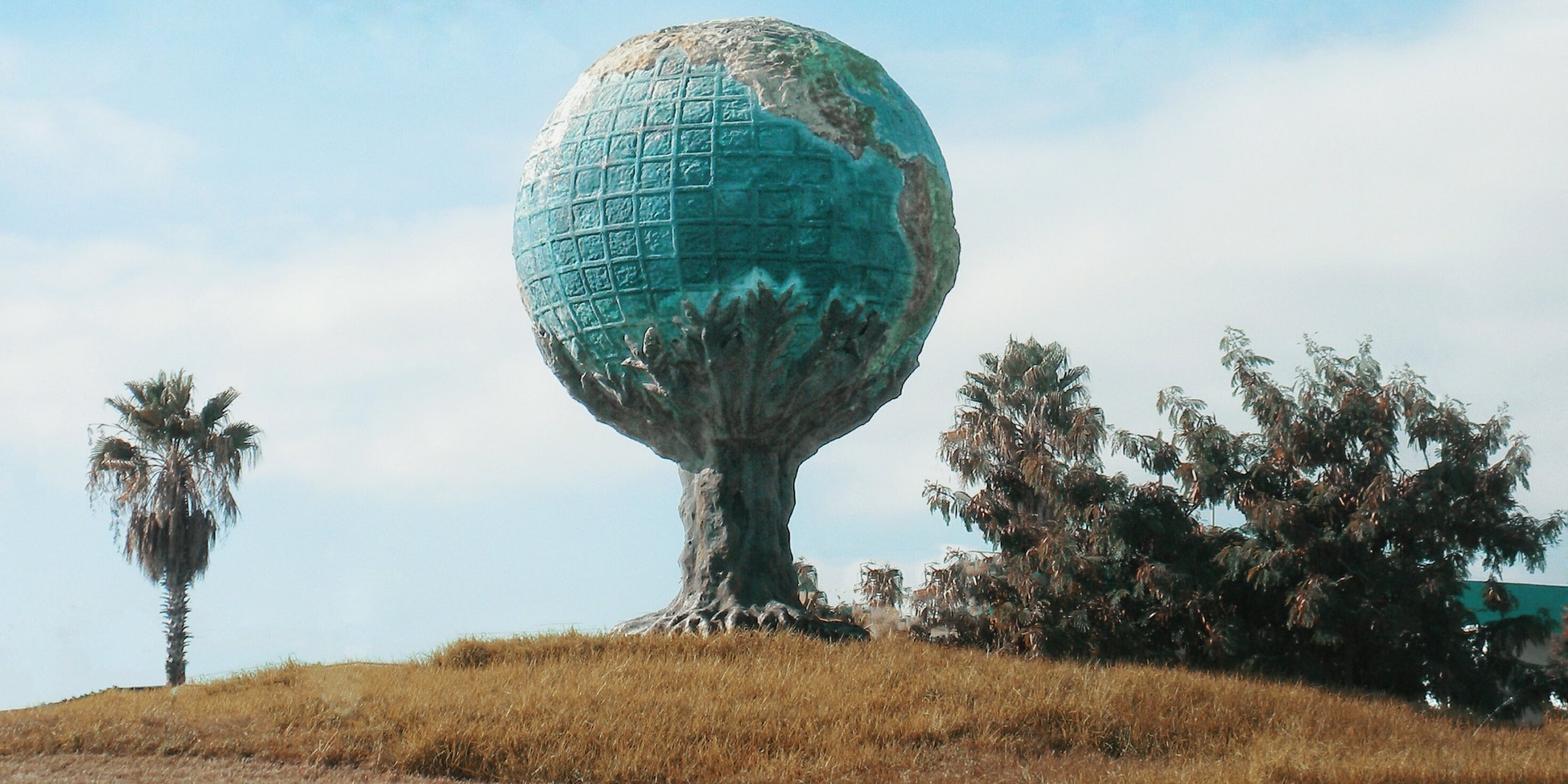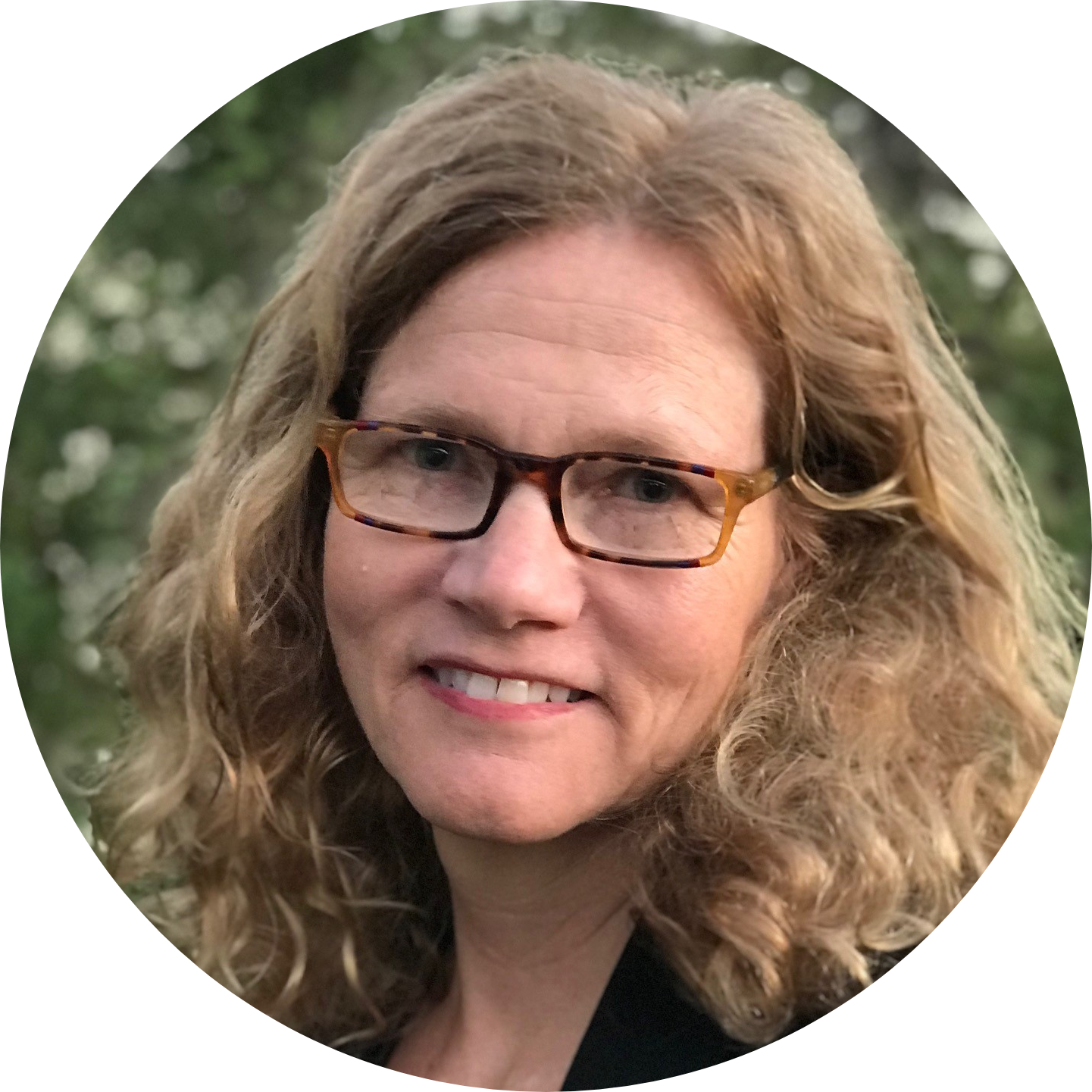
How could we rethink our conceptual understanding of human development?
The concept of human development as it emerged in the early ‘90s focused on people and their opportunities and choices. As a metric, the Human Development Index (encompassing three key dimensions of heath, knowledge and standard of living) is a means to emphasize people and their capabilities as criteria for assessing a country’s development. But, in today’s geo-socio-political reality, even the term ‘human development’ might be dated, with its focus on the individual ‘human’. Humans now are deeply connected to each other through both the digital and the natural worlds. The fragile balance of our global society is defined by our interdependence on multiple planes (social, natural and digital). So, perhaps we need to shift our thinking towards ‘humanity development’, an approach that removes the emphasis on the individual and instead focuses on the systems in which humanity functions every day. In the Anthropocene, it is vital that society recognizes that human health, security and prosperity are inextricably linked to the state of Earth’s life-support systems, including water, oceans, land, air and climate. So, a concept of ‘humanity development’ would recognize that the choices or possibilities for individuals are influenced by our collective success in taking a systems-based, multidisciplinary and multilateral approach to global risks now and in the future. This will require rethinking our metrics of development, along with our norms and lifestyles.
The UN Sustainable Development Goals (SDGs) begin to hint at a ‘humanity development’ perspective. The 17 SDGs were adopted as an ‘integrated and indivisible’ agenda for global sustainability. But, in practice, SDG strategies are often pursued in sectoral or disciplinary silos. Now that research has demonstrated inherent trade-offs and synergies among SDGs and highlights the need for systems-based or nexus approaches we can extend this kind of holistic thinking to humanity development, to build resilience for people today and tomorrow.
What are the major emerging challenges to human-centred development in the world today?
The degradation of Earth’s life support systems and the rise of intelligent systems are both increasing inequities and moving us away from a humanity-centred existence. At this particular moment in time, the convergence of challenges – COVID-19, systemic racism, viral misinformation – might seem overwhelming. As machines increasingly mediate our interactions with each other, and as the digital divide widens, inequities increase. And zoonotic diseases like coronavirus, that disproportionately affect marginalized populations, will remain as long as we continue to encroach on wild spaces and destroy wildlife habitats. The major challenge is to not treat these in isolation. There is an opportunity to capitalize on our connections to each other, the natural world and the digital world, and pivot towards the values of collectivism and humanity-centred development.
For example, I am leading a new initiative, Sustainability in the Digital Age, that explores how we can leverage new digital capabilities to drive systems changes and to steer society towards a climate-safe and equitable world. This initiative grew out of a year-long effort led by Future Earth. We engaged over 250 experts worldwide to develop a research, innovation and action agenda to identify and ultimately pull key levers of change across global governance and economic and cognitive systems.
How can the human development approach inform public debates and decision-makers about current and future challenges?
Assuming a ‘humanity development’ approach will also be key to informing new policies and public debates as we aim to navigate the digital age. This will require building a community of practice, with members who are ‘bilingual’ in the digital and sustainability languages. This is a key part of the Sustainability in the Digital Age initiative. We have just launched a new training programme, Leadership in Environment and Digital Innovation for Sustainability (LEADiS), which will focus on training graduates and postgraduates at this critical intersection to become the powerful sustainability leaders that we need.
We need leaders who can speak both languages, and we need leaders who will invest in taking a systems approach to change. Pivoting the framework of human development to ‘humanity development’ may help to reset the narrative.
In short, when rearticulating human development, our decision-makers must consider humanity within the context of its interconnected social and natural systems, to truly enable generations, now and in the future, to enjoy full, healthy and ideal lives.

Amy Luers is the Global Lead for Sustainability Science, Microsoft. Previously she served as executive director of Future Earth, assistant director in the Obama White House and senior manager at Google. She is a member of the United States Council on Foreign Relations and has served on committees of the United States Global Change Research Program and the National Academies of Sciences.
Cover image: by mohamed-ali-saidane on Unsplash